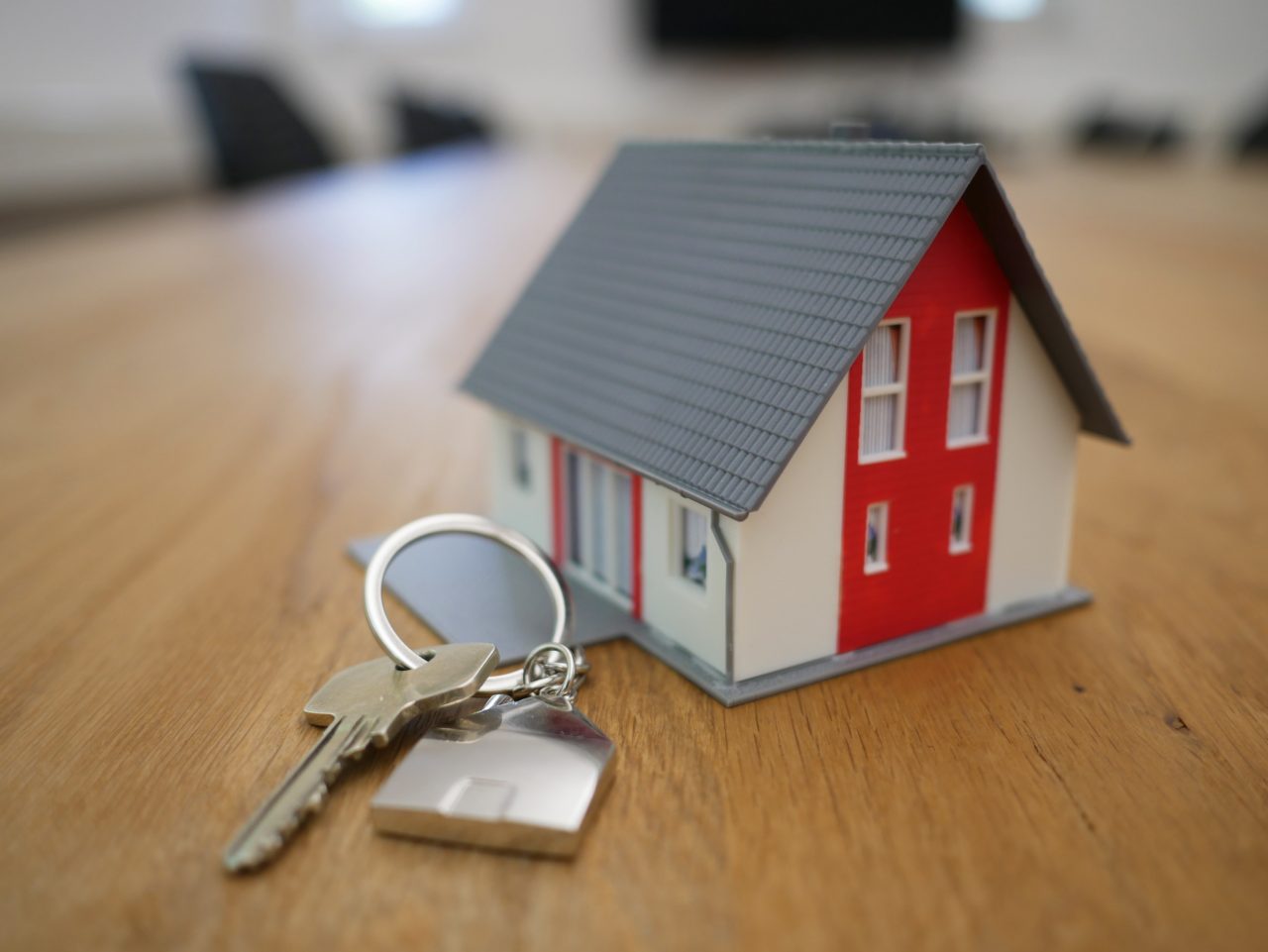Homeownership costs are significant. Owners take a big risk to rent their homes, in hopes of a good return. That’s the point. Your rent pays for the opportunity to live somewhere you may not be able to otherwise.
Some of the highest costs associated with owning a home include:
- Mortgage Payments: For many homeowners, the largest ongoing expense is the monthly mortgage payment. This payment includes principal and interest and is typically paid over a long period, such as 15 or 30 years.
- Property Taxes: Property taxes are levied by local governments based on the assessed value of the property. These taxes can vary widely depending on the location and value of the home.
- Homeowners Insurance: Homeowners insurance provides coverage for potential risks and damages to the property. The cost of insurance can vary depending on factors such as the location of the home, its value, and the coverage options chosen.
- Maintenance and Repairs: Homes require ongoing maintenance and occasional repairs. This includes tasks like painting, landscaping, HVAC system maintenance, plumbing repairs, and more. These costs can add up over time and should be budgeted for accordingly.
- Utilities: Homeowners are responsible for paying utilities such as electricity, water, gas, and sewer services. The cost of utilities can vary depending on factors such as the size of the home, energy efficiency, local rates, and individual usage patterns.
- Homeowners Association (HOA) Fees: In certain communities, homeowners may be subject to HOA fees. These fees cover shared amenities and maintenance of common areas. The amount of HOA fees can vary depending on the community and its amenities.
It’s important to consider these costs when budgeting for homeownership. Additionally, it’s worth noting that costs can vary depending on the location, size, age, and condition of the home. The homeowners carry the risk and the burden, to provide the rental option and flexibility to you. One does not work without the other.


